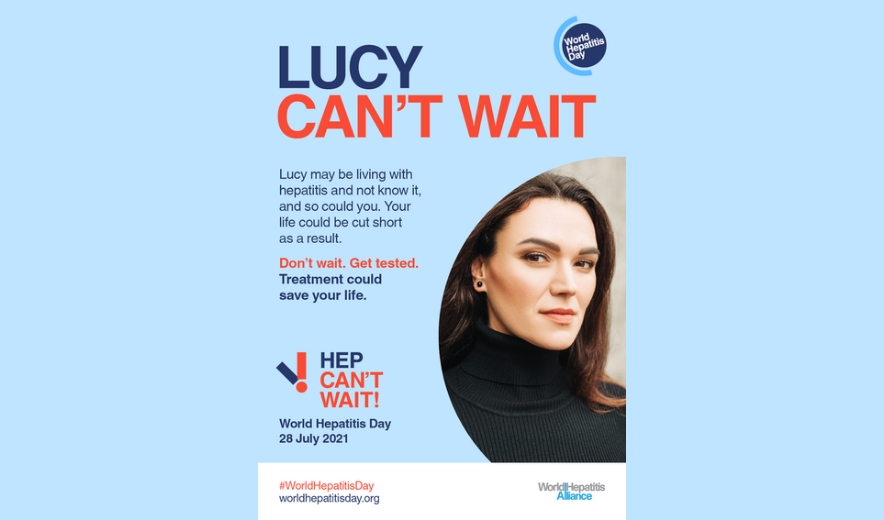FREEDOM PHARMACY
blog
Dive into a wealth of knowledge and insights with Freedom Pharmacy’s engaging and informative blog resources. Our blog serves as a valuable hub where you can discover a wide range of topics related to health, wellness, medications, and holistic living.
READ MORE![]()
blog

Dive into a wealth of knowledge and insights with Freedom Pharmacy’s engaging and informative blog resources. Our blog serves as a valuable hub where you can discover a wide range of topics related to health, wellness, medications, and holistic living.

Statin drugs such as Lipitor, Crestor, Livalo and Altoprev, used to lower cholesterol

Incorporating vitamins and supplements into our everyday routines can be a great way to support our overall health and wellness. Taking these vitamins and supplements will boost the vitamins we already receive naturally through the foods we consume and the sunlight we get from being outside. It is essential to …

When it comes to our diet, we tend to focus so much of our time and efforts on staying away from certain foods that we end up depriving our bodies of the essential nutrients we should be receiving according to dietary guidelines. Instead of focusing on staying away from fats, …

According to worldhepatitisday.org, World Hepatitis Day occurs each on July 28 to bring global recognition to hepatitis. The campaign does so by uniting the world under one theme, with the theme this year being ‘Hepatitis Can’t Wait.’ This global day of recognition brings awareness to the disease, the importance of …

What is vitamin B12? Vitamin B12 is a water-soluble vitamin, which also goes by the name cobalamin. Vitamin B12 is imperative to our health and serves a diversity of roles in the body, including:

Do you have a specific time set to take your vitamins during the day or do you take them whenever you remember? Have you ever been curious as to when the best time is to take your vitamins?

Testosterone plays several important roles in the human body, among them are reducing excess body fat, helps maintain memory, increases muscle mass and strength, increases muscle tone, increases sense of emotional well-being and self-confidence, and increases libido.

March is National Sleep Awareness Month. We wanted to take the opportunity to talk about some important things that you may not know about sleep.

It has been said that a healthy gut means a healthy you. Nearly 70 percent of your immune system is housed in your digestive system. All food is ultimately broken down in the gut to a simple form that can enter the bloodstream and be delivered as nutrients throughout our …

Prilosec belongs to a class of acid-suppressing drugs and antacids. It treats stomach and esophagus problems like acid reflux and ulcers – symptoms of which can include frequent heartburn (defined as two or more times a week), difficulty swallowing and persistent cough – by reducing the amount of excess acids …

March is Help Fight Liver Disease Month, and it’s a movement that focuses on the important role that the liver plays in your total health.

National Donate Life Month (NDLM) was founded by Donate Life America and its partnering organizations in 2003. Observed every April, NDLM encourages Americans to register as organ, eye and tissue donors. It also honors people who’ve saved lives by donating life-saving organs. What’s more, it’s a perfect time to honor …


